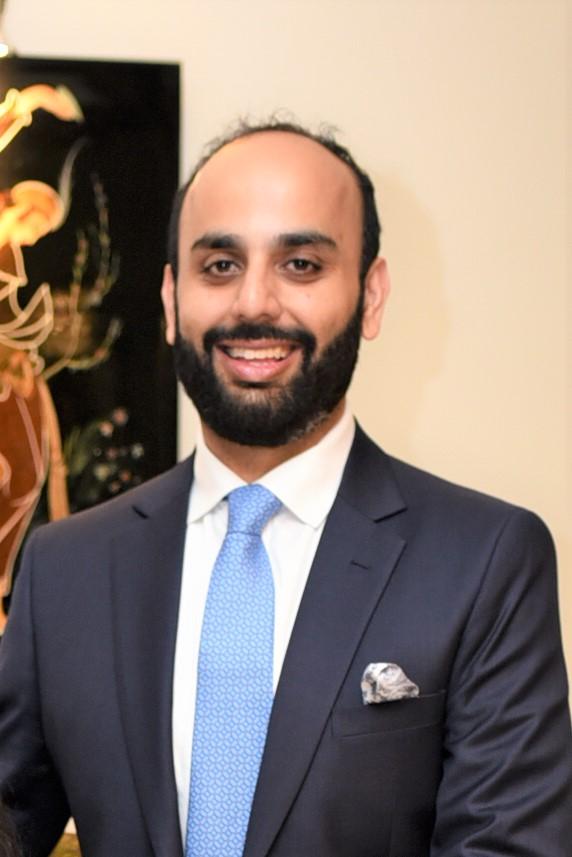Seminar: India’s Centralized Federalism and Transformative Constitutionalism
Anuj Bhuwania (Jindal Global Law School)
Abstract
A neglected aspect of the literature on Transformative Constitutionalism is its intersection with the question of vertical separation of powers. In this paper, Indian constitution’s centralized federalism is viewed in light of its avowed aspiration towards socio-economic transformation. It argues that the focus on a ‘social revolution’ in its constitutional design was directly responsible for its choice of a strong centre in India’s constitution. The ideals of planning and state-led socio-economic transformation were seen as inimical to any significant sharing of sovereignty that would dilute this project, even at the cost of partition. The paper argues for the need to restore the centrality of the federal question in understanding the process of Indian constitutional design.
Speaker

Anuj Bhuwania is currently the Smuts Visiting Research Fellow in Commonwealth Studies at Clare Hall in the University of Cambridge. He is a Professor at the Jindal Global Law School in India, and has previously held teaching positions at South Asian University in New Delhi and at Ambedkar University Delhi. He is the author of ‘Courting the People: Public Interest Litigation in Post-Emergency India’ (Cambridge University Press 2017).
Discussant

Yasser Kureshi is The John and Daria Barry Post Doctoral Fellow in Constitutional Law or Constitutional Theory, Oxford.

